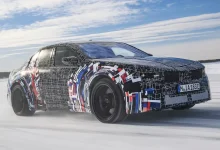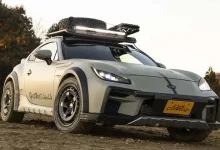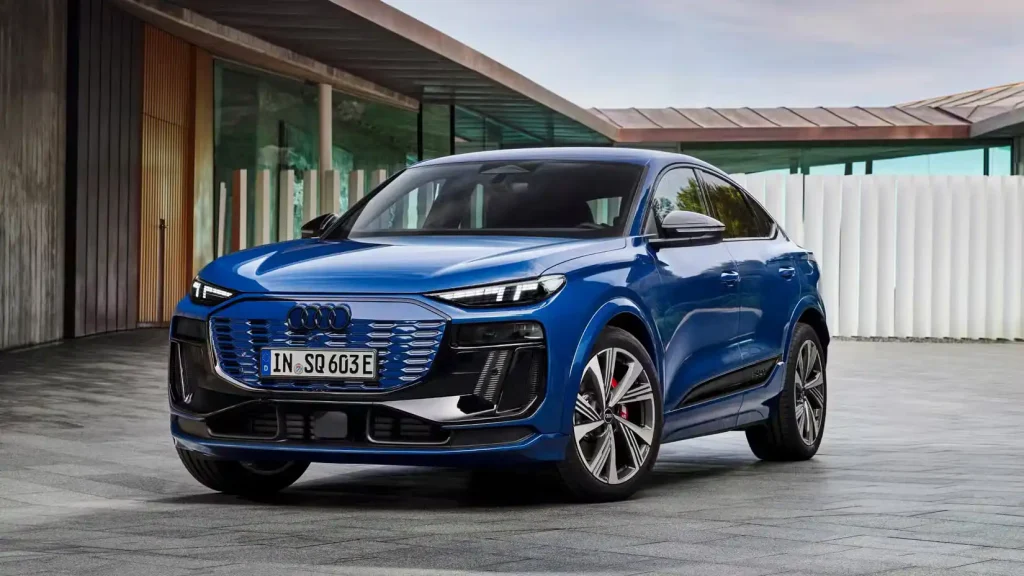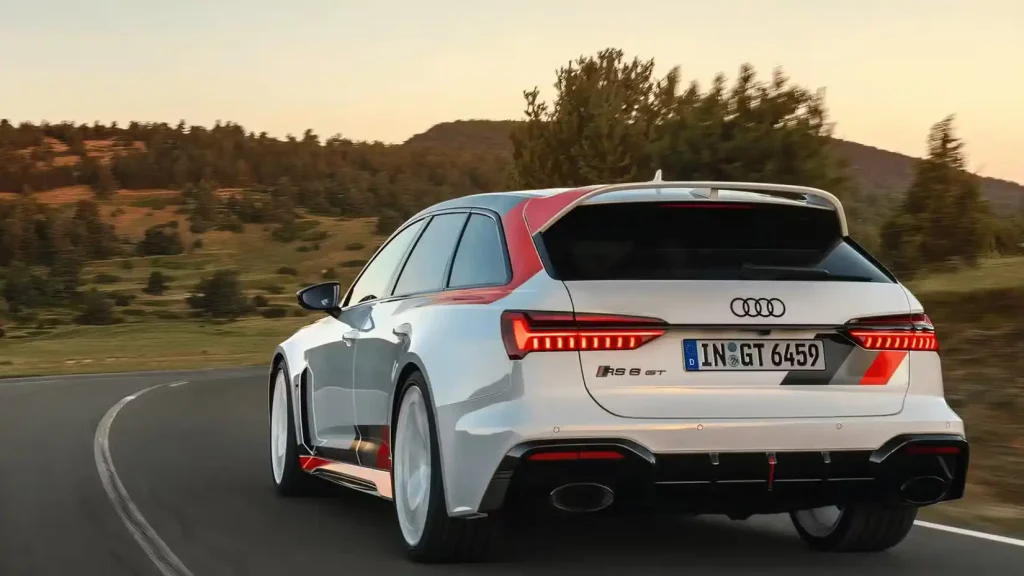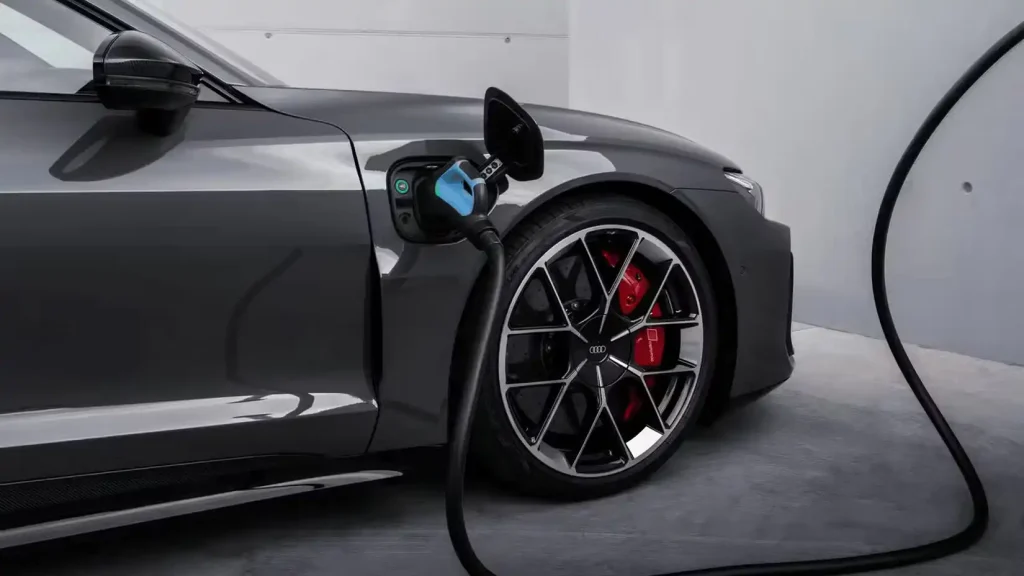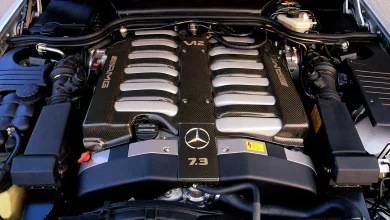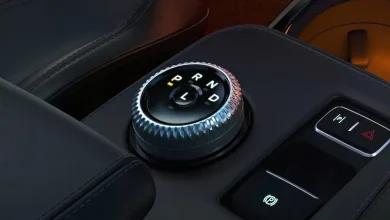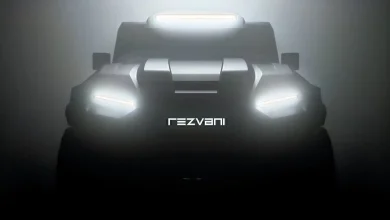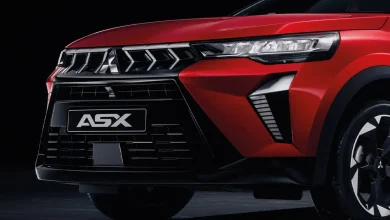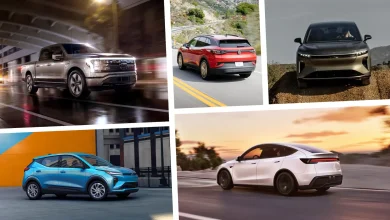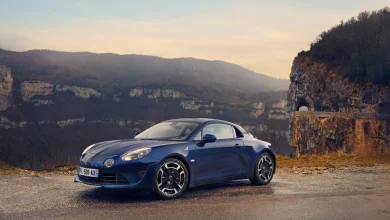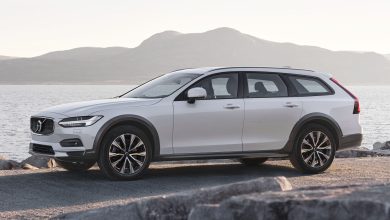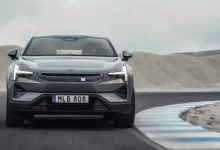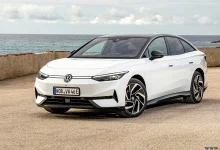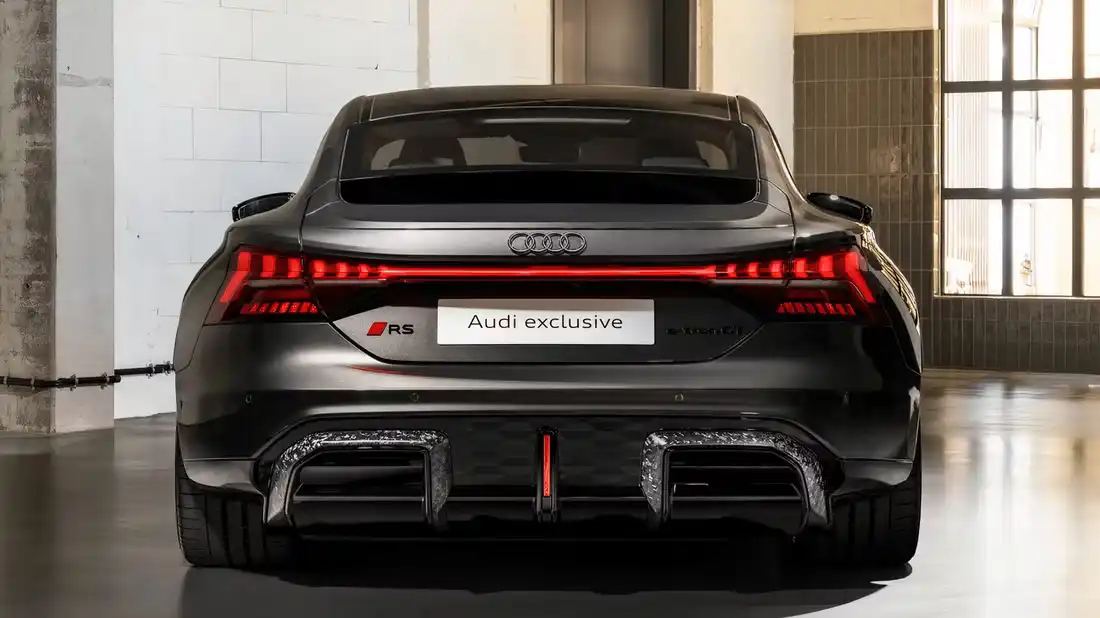
The European Union intends to phase out internal combustion engines and transition fully to zero-emission vehicles by 2035. Plans are underway to accelerate the review of this legislation to 2025, a year earlier than originally scheduled. Unsurprisingly, leaders of major European automakers are voicing concerns. In August, Mercedes-Benz CEO Ola Källenius called the proposed targets “no longer feasible,” while a BMW board member warned that the legislation could be catastrophic for the industry.
Audi CEO Gernot Döllner, however, offers a notably different perspective. In a stance likely to disappoint fans of Audi’s combustion engines, he supports keeping the 2035 internal combustion ban intact.
Audi CEO Gernot Döllner: EVs Are “Simply the Better Technology”
Döllner told the German business magazine Wirtschaftswoche that battery-electric vehicles are “the better technology,” both for cutting emissions and for overall automotive manufacturing.
“I don’t know of any better technology than the electric car for making progress in reducing CO2 emissions in transport in the coming years. But even apart from climate protection, the electric car is simply the better technology.”
– Audi CEO Gernot Döllner, per Wirtschaftswoche
Audi Combustion Engines Will Remain for Now
While Döllner supports the EU’s 2035 ban on internal combustion engines, he has taken a more pragmatic approach regarding Audi’s own plans. Earlier this year, he scrapped the previous administration’s goal of a fully combustion-free lineup by 2033, emphasizing that Audi does not have a fixed end date for combustion production and seeks “complete flexibility” for at least the next decade.
“Audi is introducing an entirely new lineup of internal combustion and plug-in hybrid vehicles between 2024 and 2026, which gives us full flexibility for at least the next seven to ten years,” Döllner said. “We’ve already decided to extend production beyond the previously announced end dates.”
That decade-long timeline aligns closely with the EU’s planned 2035 ban on internal combustion engines.
Audi Fans May Not Like That Combustion Engines Are Here to Stay
Audi has been aggressive in its push into electric vehicles, entering the market early with the e-tron SUV and continuing to expand its EV lineup. While the e-tron branding can be a bit confusing, the vehicles themselves are impressive. Audi offers a broad range of electric models, many with fast-charging capability and over 300 miles of EPA range. Unlike rival Mercedes-Benz, Audi has achieved this with cars that retain a conventional Audi look and are priced in a range familiar to its traditional customers.
Even though internal combustion engines may remain part of Audi’s lineup into the 2030s, their role could shift. Audi’s parent company, Volkswagen, is moving forward with its new Scalable Systems Platform, which won’t be limited to EVs. Vehicles built on the platform will be able to use combustion engines as range extenders, aiming to deliver a “better” EV driving experience that appeals to many buyers.
